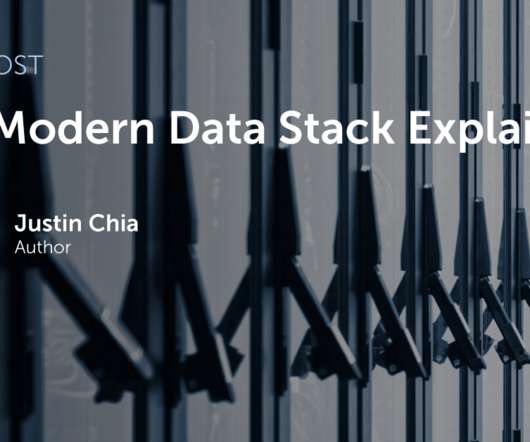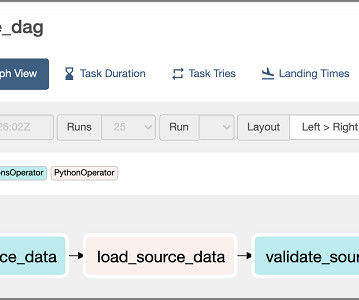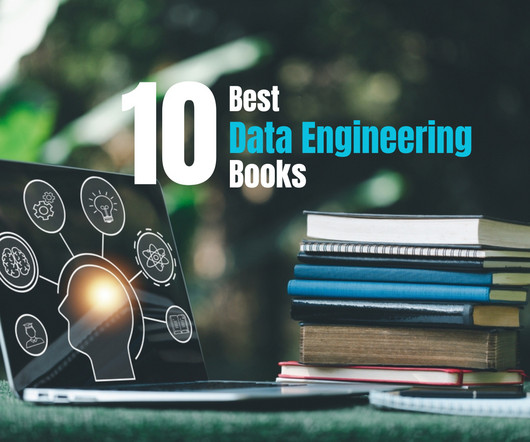The Modern Data Stack Explained: What The Future Holds
Alation
JANUARY 17, 2023
It is known to have benefits in handling data due to its robustness, speed, and scalability. A typical modern data stack consists of the following: A data warehouse. Data ingestion/integration services. Data orchestration tools. Business intelligence (BI) platforms. Better Data Culture.













Let's personalize your content